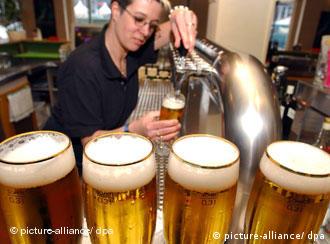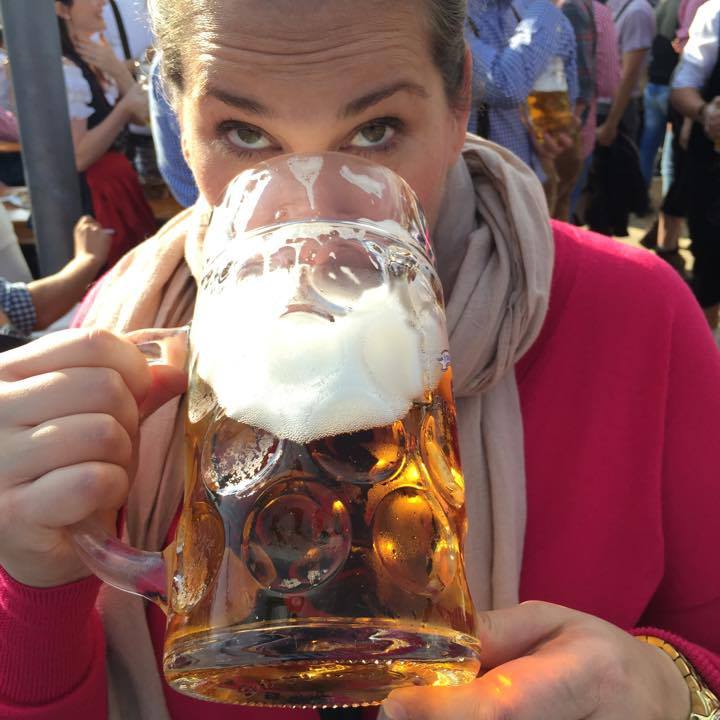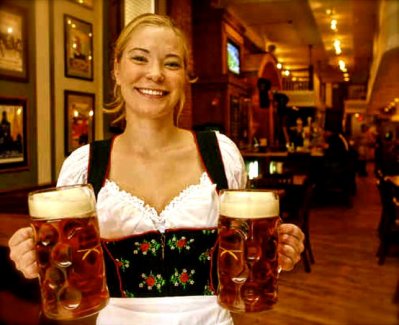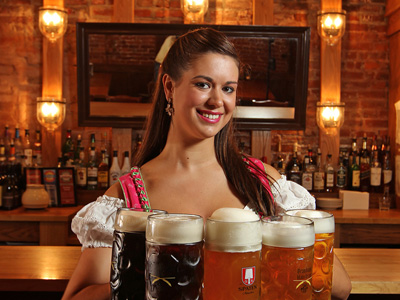BERLIN — To some it’s the real deal, to others it’s a bland brew. But thanks to a 500-year-old rule, everybody can be sure what’s in German beer.
Only water, hops and malt are the permitted ingredients, according to the Bavarian beer purity law of 1516 that slowly spread to the rest of Germany. It’s still on the books, albeit with some exceptions, today.
Chancellor Angela Merkel raised a glass of (alcohol-free) frothy brew to the law Friday at a ceremony in Ingolstadt, quoting Martin Luther’s saying that “he who has no beer, has nothing to drink.”
Critics say the so-called Reinheitsgebot — whose name suggests divine commandment — is little more than a marketing trick dreamed up in the early 20th century to keep foreign beers out of Germany (http://nypost.com/2016/04/22/a-500-year-old-law-dictates-whats-in-german-beer/).
Almost 65 years after Allied planes flew Western supplies into blockaded Berlin, a new American import is arriving by air: craft beer.
The beer is being flown in as part of a new surge of German interest in American brewing, upending a centuries-old relationship in which German beer defined the golden standard for brewing and Americans emulated it.
Now, with craft brewers in the United States capturing an ever-greater share of their home market, they are expanding in Germany as well. German consumers, intrigued by unfamiliar flavors, are purchasing more imported beer and are increasingly copying American efforts with their own small-scale brewing operations (www.boozenews.com/beer/in-germany-a-u-s-beer-invasion-thats-backwards/).






























































